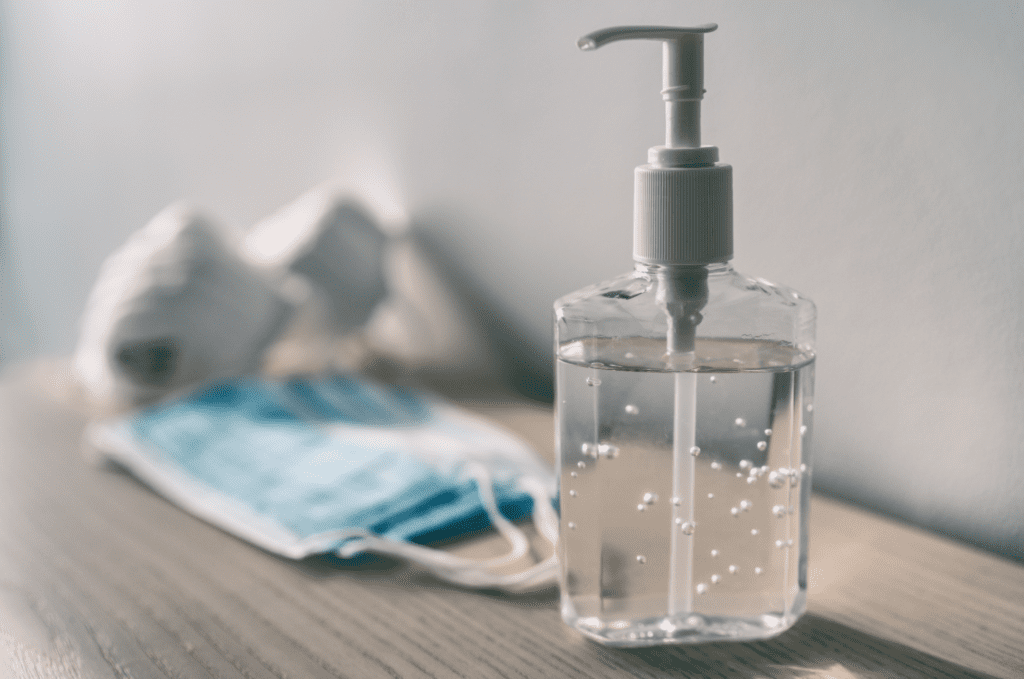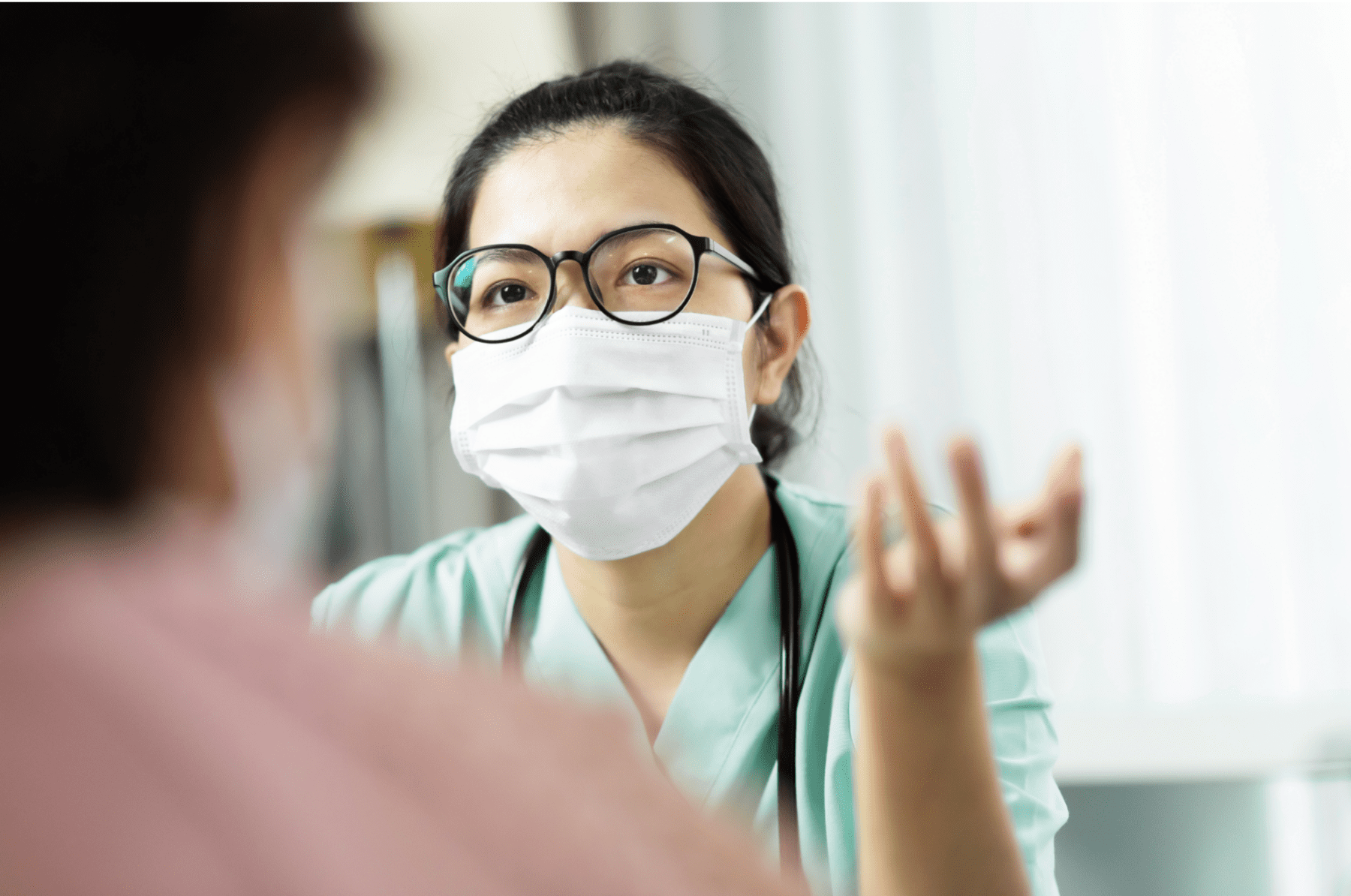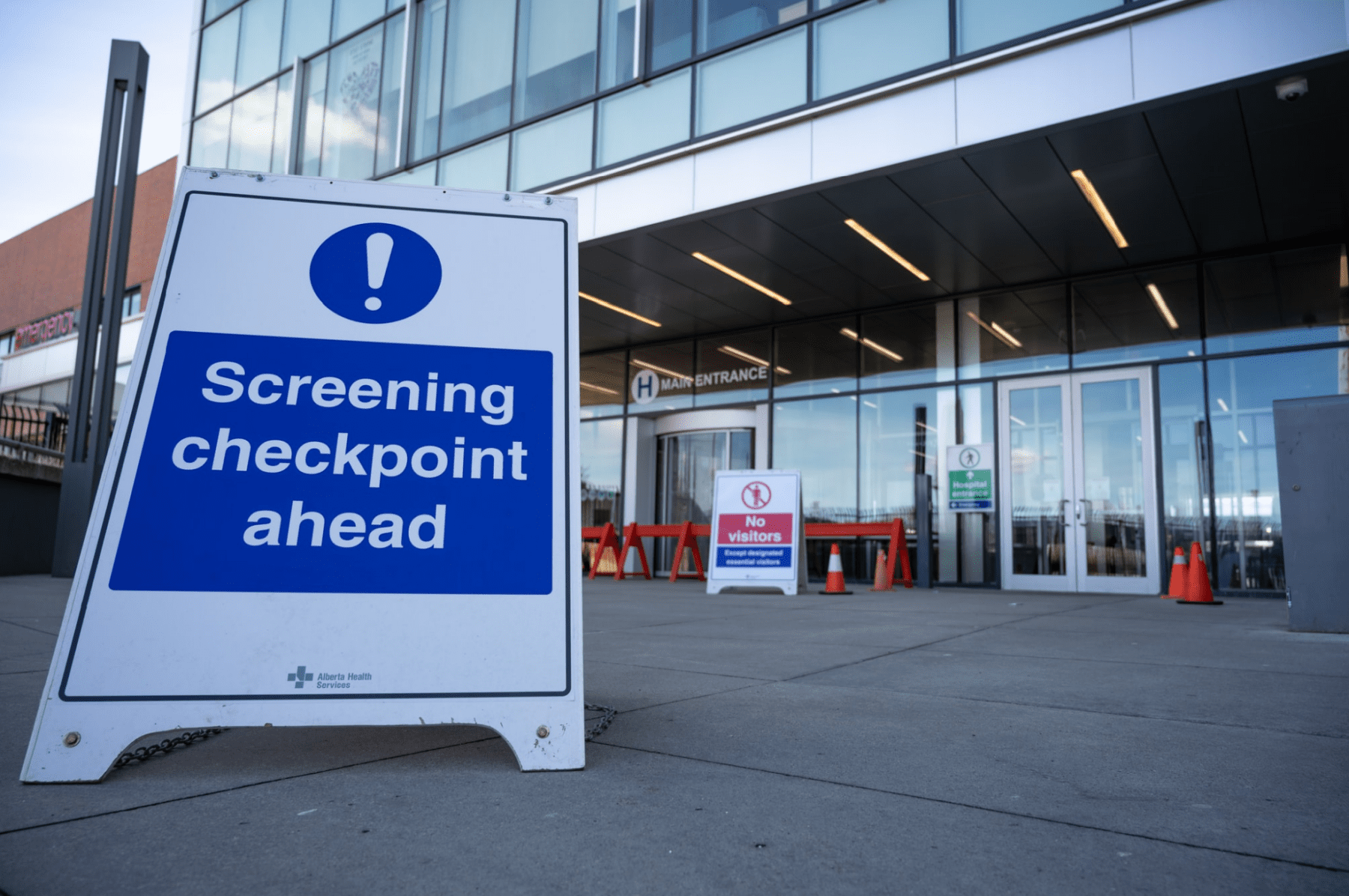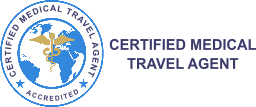The coronavirus pandemic has affected the wellbeing and safety of individuals around the world. During this global turmoil, many people are fearful of going outside of their homes. However, there are some non-coronavirus medical conditions that cannot wait. If somebody needs critical care or a medical procedure to better their quality of life, they will have to visit a health care center regardless of the situation. Particularly the ailments that need serious attention such as cancer treatments, transplants, and heart conditions. These situations coupled with the financial uncertainty that is arising from the crisis is creating the need for patients to travel for affordable healthcare elsewhere.
Clinics need to make sure that all the necessary safety measures are taken, to reduce the likelihood of infections. Here are some safety measures that healthcare organizations should take during the Covid-19 pandemic:

Safety methods that healthcare centers should follow:
– Mandatory screenings: Perform temperature screenings at the entrance of the clinic. Have phone screenings with the patients before they come into the facility.
– Reduce patient traffic in office: Take a limited number of patients per hour
– Use safety gear: Do not allow patients or staff to enter the facility without safety masks, gloves, safety shields, and use sanitizers.
– Social distancing: Use signs and markings around the office to promote social distancing
– Plexiglass shields: Reception and check-out desks should be equipped with plexiglass shields to further reduce the chances of transmission.
– Decrease direct contact: Try to reduce direct physical contact between the office staff and the patients.
– Minimize time in waiting room: Limit the time that patients should have to sit in the waiting room. Tell patients to call once they are outside of the facility, to let you and your staff know that they have arrived.
Cleaning, reorganizing, and appointment options for patients:
– Frequently used areas in the clinic: Areas that are frequently used need to be consistently cleaned, places such as the waiting areas, lobbies, and restrooms. Also, special attention needs to be given to surfaces that are repeatedly touched, including doorknobs, armrests, and handrails.
– In the exam room: The exam room needs cleaning and disinfecting after each patient visit.
– Signage and furniture arrangement: Signage needs to be clearly visible to patients to guide them to check-in and checkout areas. Waiting room furniture needs to be reorganized so there is adequate space between each patient while they are waiting for medical care.
– Telemedicine: A lot of medical centers have started performing video conference appointments with patients. This allows patients to access their doctor without visiting the clinic.
How have international healthcare clinics changed over the last few months?
These policies should be followed by healthcare centers around the world to promote patient safety:
– Use of face masks: Healthcare workers must use gloves, face masks, and face shields during the performance of medical procedures. Medical gowns and aprons must be used and washed on a daily basis. Healthcare gloves need to be disinfected after each patient exam or thrown away.
– Receive payments online: Online payments can be done by using a credit card and online transfers. If a patient decides to use cash to make a payment, the cash should be collected by wearing gloves, and hand sanitizer should be utilized after the payment is received.
– Limit the time patients spend in the office: Patients should not be accompanied by family or friends when they visit the office (Sometimes this is unachievable). Try to examine each patient as swiftly as possible, if feasible, so there is no chance of the waiting area getting crowded. Make it a point to get patients to specify their needs over the phone before they arrive at the clinic.
– Sanitize office equipment: Once each medical exam is over, alcohol wipes should be used to clean all equipment that was utilized during the patients visit.
The safety of your patients and your healthcare workers should not be jeopardized for any reason. It is important to consistently employ these safety practices at your office, so your medical staff and patients don’t risk getting infected due to negligence.
Are you interested in growing your international clinic or hospital? Contact us today!
Tel/WhatsApp: +1 (561) 909-7178









